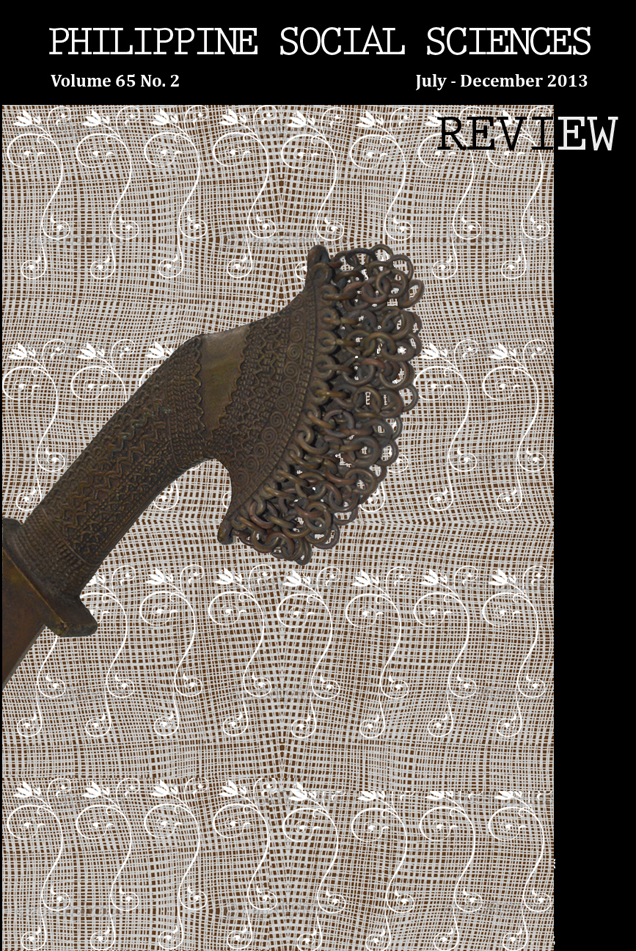A Way Out in Eden: Maternal Health Crisis in Manila
Abstract
The paper attempts to understand how mothers make sense of the maternal choices they make, how they appropriate and reappropriate norms, and their notions of the world they live in. In this mold, through conversations, the oral history approach is applied. What unfold are stories of mothers, who in dire straits of poverty, decide and act within an accommodation-resistance nexus, a grey area where they negotiate their notions of right and rights – the interplay of influence, meanings, and practice finding creative interpretation in their notions of motherhood, abortion, and the world. Finding a way for the mothers means to find a way out of a desperate situation. In this sense, the mothers’ notion of entitlement finds creative interpretation in pag-gawa ng paraan (to make a way). The study presents the challenge to view the mothers’ choices, whether seemingly complicit or resisting, as choices of agents that are often impinged by structural conflations of interests.
Published
2014-08-07
How to Cite
TAQUEBAN, Efenita May M..
A Way Out in Eden: Maternal Health Crisis in Manila.
Philippine Social Sciences Review, [S.l.], aug. 2014.
ISSN 2672-3158.
Available at: <https://journals.upd.edu.ph/index.php/pssr/article/view/4299>. Date accessed: 30 sep. 2025.
Section
Articles
Keywords
abortion, mothers, Manila, engaged anthropology, narratives, urban


